2-2. The first glyph in line a2 may have corresponded to day
350 = 5 days before the December solstice.
... Thus the regular old Roman year
ended with Februarius 23 and it was 350 days long, 25
fortnights. Then followed 5 extra nights, or as the Romans saw
it 5 + 1 = 6 nights in order to include March 1, the first day
of the new regular year ...
In this day the Full Moon would
(ideally) be at the right ascension day connected with
Bet-el-geuze (= Ana-Varu, the 8th Tahitian star
pillar).
Varu. 1. To cut one's
hair (te puoko). 2. To shave. 3. To paint, to put on
make-up: he varu te kiea. Varu a-roto, to have
diarrhoea. Vanaga. 1. Eight. 2. To shave, to remove the beard,
to shear, to clip, to rasp, a plane. Varuvaru, to peel,
to remove the bark, to plane, to scrape, to shear. Churchill.
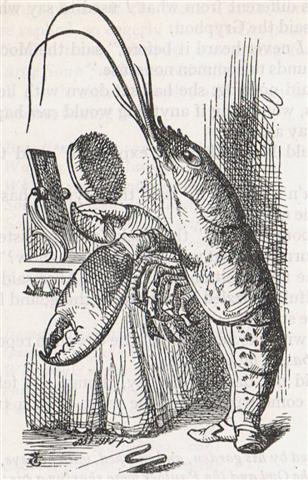
This was 10 right ascension days
after Rigel / Capella (*78 = *88 - *10):
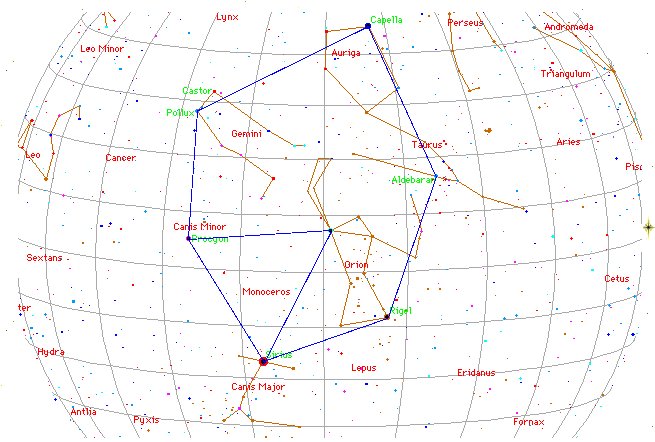
|
Dec 16 (350) |
17 |
18 |
19 |
20 (354) |
Solstice |
 |
 |
 |
 |
 |
 |
|
Ea2-1 (33) |
Ea2-2 |
Ea2-3 |
Ea2-4 |
Ea2-5 |
Ea2-6 (32 + 6) |
|
E tagata vaha ura - e rere te
toki - e rere ki uta |
rere te toki rere ki te vao - e
hokohuki rere te toki - rere ki uta i te henua -
rere te toki |
|
Vaha. Hollow; opening; space between the
fingers (vaha rima); door cracks (vaha
papare). Vahavaha, to fight, to wrangle,
to argue with abusive words. Vanaga. 1. Space,
before T; vaha takitua, perineum. PS Mgv.:
vaha, a space, an open place. Mq.: vaha,
separated, not joined. Ta.: vaha, an opening.
Sa.: vasa, space, interval. To.: vaha,
vahaa, id. Fu.: vasa, vāsaà,
id. Niuē: vahā.
2. Muscle, tendon; vahavaha,
id. Vahahora
(vaha 1 -
hora 2),
spring. Vahatoga
(vaha 1 -
toga 1),
autumn. 3. Ta.: vahavaha,
to disdain, to dislike. Ha.: wahawaha,
to hate, to dislike. Churchill.
Ura,
lobster. Ûra,
flame, blaze (ûra ahi), to become furious
(with manava as subject: ku-ûra-á te
manava). Úraúra, bright red. Vanaga. 1.
Crayfish, lobster, prawn. P Mgv.: ura,
crayfish. Mq.: uá, lobster. Ta.: oura,
crayfish, lobster. 2. Fire, burning, to be in
flames; uraga, combustion, flame, torch;
hakaura, to cause to glow, to kindle, to light.
P Mgv., Ta.: ura, a flame, to burn. Mq: uá,
id. Uraga, burden, load, weight. Uraura,
vermilion, scarlet. P Pau.: kurakura, red.
Mgv.: uraura, an inflamed countenance. Mq.:
uáuá, red, ruddy. Ta.: uraura, red.
Churchill.

Vao.
Mgv.: vao, uninhabited land. Ta.: ?
[obliterated text] ... of the valleys. Mq.: vao,
bottom of a valley. Sa.: vao, the bush. Ma.:
wao, the forest. Churchill. |
|
Ardra-6
(The Moist One)
/
ANA-VARU-8
(Pillar to sit by)
χ¹
Orionis,
ξ
Aurigae (88.1),
BETELGEUZE =
α
Orionis
(88.3),
ξ
Columbae (88.5),
σ
Columbae (88.7)
ZUBEN ELGENUBI (α Librae)
|
η
Leporis (89.0),
PRAJA-PĀTI (Lord of Created Beings) =
δ
Aurigae,
MENKALINAN (Shoulder of the Rein-holder) =
β
Aurigae, MAHASHIM (Wrist) =
θ
Aurigae,
and
γ
Columbae (89.3),
π
Aurigae
(89.4),
η
Columbae (89.7)
*48.0 = *89.4 - *41.4 |
μ Orionis (90.3), χ² Orionis (90.5) |
6h (91.3)
ν
Orionis (91.4),
θ
Columbae (91.5),
π
Columbae (91.6)
*50.0 = *91.4 - *41.4 |
ξ Orionis
(92.5) |
Al Han'ah-4 (Brand)
/
Maru-sha-pu-u-mash-mashu-7
(Front of the Mouth of the Twins)
TEJAT PRIOR =
η
Gemini
(93.4),
γ
Monocerotis (93.5),
κ
Aurigae
(93.6),
κ
Columbae (93.8)
*52.0 = *93.4 - *41.4 |
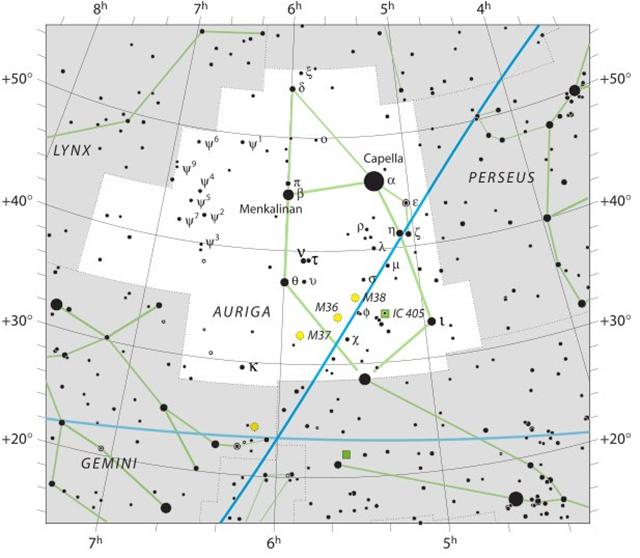 |
|
4-14 → 41.4 |
APRIL 15 |
16 |
17 (107) |
18 |
19 (*29) |
And the culmination at 21h of Zuben Elgenubi
confirmed the importance of this very special place.
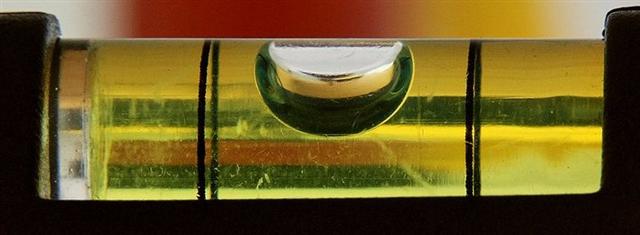
6h + 12h = 18h:
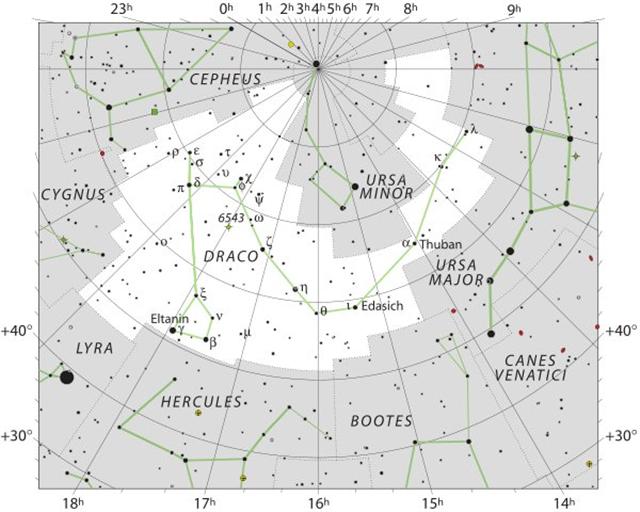
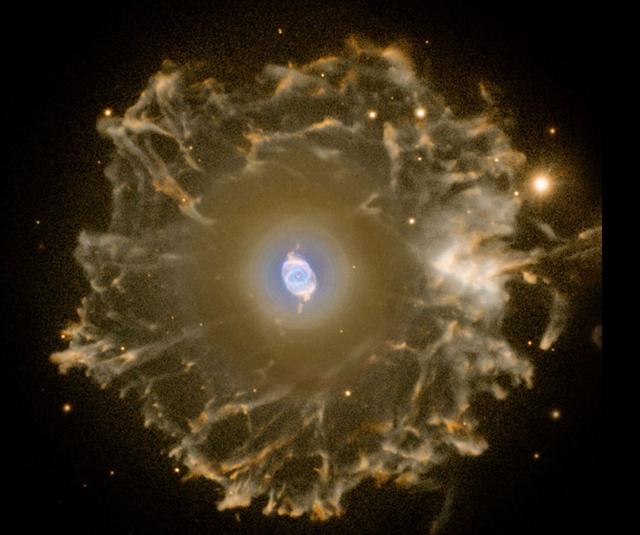
|
Dec 22 |
23 (357) |
24 |
25 |
26 (360) |
27 |
 |
 |
 |
 |
 |
 |
|
Ea2-7 |
Ea2-8 (35 + 5) |
Ea2-9 |
Ea2-10 (42) |
Ea2-11 |
Ea2-12 |
|
rere ki te marama |
koia ra |
kua oho ki te marama |
e tagata oho era - ki roto o to
vai e |
ihe hokohuki - ku kikiu |
te kiore ki te henua - e ku kikiu
te kiore |
|
Roto. 1. Inside. 2. Lagoon (off the
coast, in the sea). 3. To press the juice out of a
plant; taheta roto pua, stone vessel used for
pressing the juice out of the pua plant, this
vessel is also just called roto. Roto o
niu, east wind. Vanaga. 1. Marsh, swamp, bog;
roto nui, pond; roto iti, pool. 2.
Inside, lining; o roto, interior, issue;
ki roto, within, into, inside, among; mei
roto o mea, issue; no roto mai o mea,
maternal; vae no roto, drawers. Churchill.
Ana-roto.
Spica. Kikiu. 1. Said of food
insufficiently cooked and therefore tough: kai
kikiu. 2. To tie securely; to tighten the knots
of a snare: ku-kikiu-á te hereíga, the knot
has been tightened. 3. Figuratively: mean, tight,
stingy; puoko kikiu. a miser; also: eve
kikiu. 4. To squeak (of rats, chickens).
Kiukiu, to chirp (of chicks and birds); to make
short noises. The first bells brought by the
missionaries were given this name. Vanaga. Kiukiu
(kikiu). 1. To resound, to ring, sonorous,
bell, bronze; kiukiu rikiriki, hand bell;
tagi kiukiu, sound of a bell; kikiu, to
ring, the squeeking of rats; tariga kikiu,
din, buzzing; hakakiukiu, to ring. Mgv.:
kiukiu, a thin sound, a soft sweet sound. 2. To
disobey, disobedience; mogugu kiukiu,
ungrateful; ka kikiu ro, to importune.
Churchill. Kiore. Rat. Vanaga.
Rat, mouse; kiore hiva, rabbit. P Pau., Mgv.:
kiore, rat, mouse. Mq.: kioē,
íoé, id.
Ta.: iore,
id. Churchill.
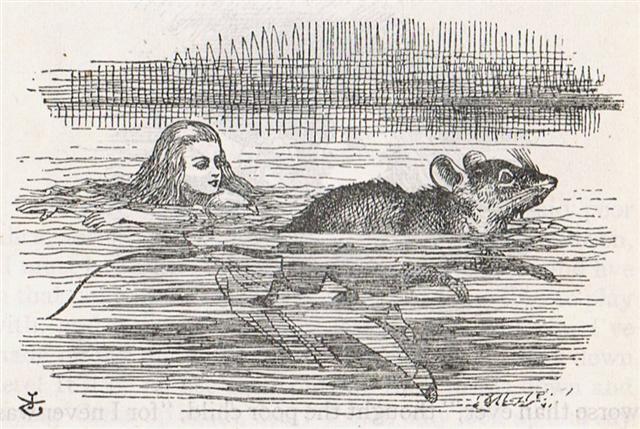
... In China, with Capricornus,
Pisces, and a part of Sagittarius, it [Aquarius]
constituted the early Serpent, or Turtle, Tien
Yuen; and later was known as Hiuen Ying,
the Dark Warrior and Hero, or Darkly Flourishing
One, the Hiuen Wu, or Hiuen Heaou, of
the Han dynasty, which Dupuis
gave as Hiven Mao. It was a symbol of the
emperor Tchoun Hin, in whose reign was a
great deluge; but after the Jesuits came in it
became Paou Ping, the Precious Vase. It
contained three of the sieu, and headed the list of
zodiac signs as the Rat, which in the far
East was the ideograph for 'water', and still so
remains in the almanacs of Central Asia, Cochin
China, and Japan ... |
|
FURUD = ζ Canis Majoris
(94.9) |
Well-22 (Tapir)
/
Arkū-sha-pu-u-mash-mashu-8
(Back of the Mouth of the Twins)
δ
Columbae (95.2),
TEJAT POSTERIOR =
μ
Gemini, MIRZAM (The Roarer) =
β
Canis Majoris (95.4),
CANOPUS (Canopy)
=
α
Carinae
(95.6),
ε
Monocerotis (95.7),
ψ1
Aurigae (95.9)
*54.0 = *95.4 - *41.4 |
No star listed (96) |
β Monocerotis, ν Gemini (97.0) |
No
star listed (98) |
Aurigae (99.4), ψ2 Aurigae (99.5)
GEMMA (α Cor. Bor.) |
 |
|
APRIL 20 |
21 |
22 |
23 |
24 |
25 (115) |
|
In Manuscript E, we can assume, the
dates were given according to the Sun calendar, and
therefore we should be able to put in parallel APRIL
25 with not only the culmination (at 21h) of Gemma
in Corona Borealis but also with the day when
the Explorers sailed away from their old homeland in
search for the
promised Easter Island.
... In other
words, the ancient Druidic religion based on the
oak-cult will be swept away by Christianity and the
door - the god Llyr - will languish forgotten in the
Castle of Arianrhod, the Corona Borealis.
This helps us to understand the relationship at Rome
of Janus and the White Goddess Cardea who is ... the
Goddess of Hinges who came to Rome from Alba Longa.
She was the hinge on which the year swung - the
ancient Latin, not the Etruscan year - and her
importance as such is recorded in the Latin
adjective cardinalis - as we say in English
'of cardinal importance - which was also applied to
the four main winds; for winds were considered as
under the sole direction of the Great Goddess until
Classical times ...
... On the
twenty-fifth day of the first month (Vaitu Nui),
Ira and Makoi set sail; on the first
day of June ('Maro'), the bow of Ira's
canoe appeared on the distant horizon, came closer
and closer on its course, and sailed along, and
finally (one) could see the (new home) land ... [E:17] |
Perhaps Metoro said
kikiu in
order to make Bishop Jaussen think of the bells ringing in a
new year, be it at the end of December, at the time of
Easter, or whenever there was a new year.
|
DEC 22 |
23 |
24 (*278) |
25 |
26 (360) |
27 |
28 |
 |
 |
 |
 |
 |
 |
 |
|
Bb6-7 (631) |
Bb6-8 |
Bb6-9 |
Bb6-10 |
Bb6-11 |
Bb6-12 |
Bb6-13 (216) |
|
Febr 24 (420) |
25 |
26 |
27 |
28 (59) |
March 1 |
2 |
|
ki to maitaiki - e mai tae
harehare matagi - ku kikiu
- koia i te matagi |
ki te henua |
ku haga ia ko to nuku - e nuku
haga e |
kua motu te pito o te fenua |
I have no glyph type named kikiu, but we have
previously investigated the phenomenon of
silent belles.
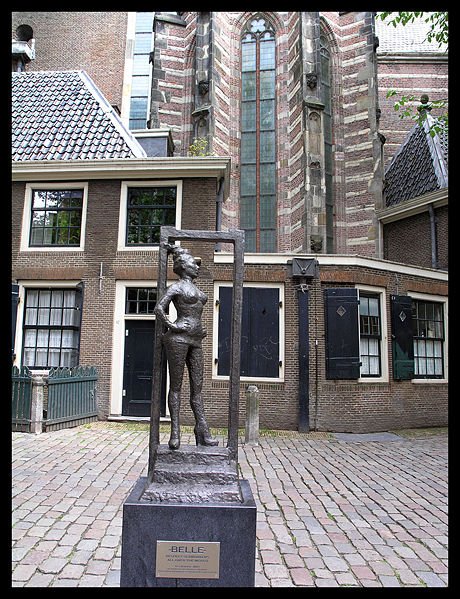
|




















